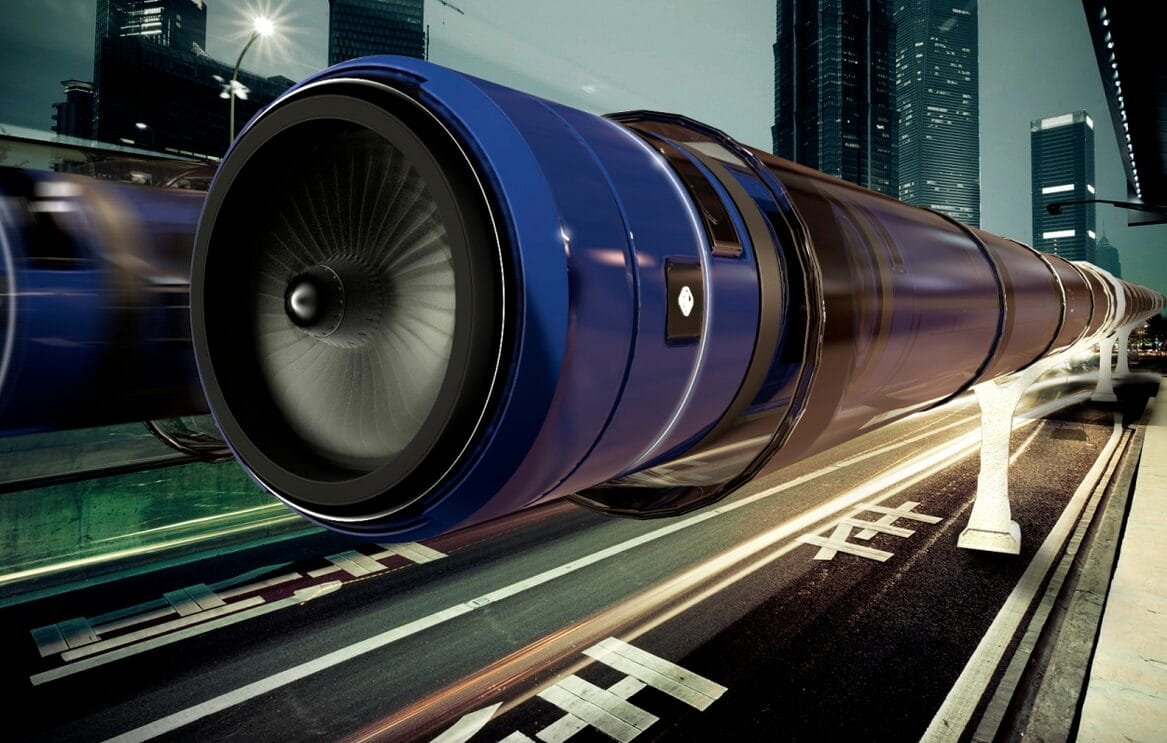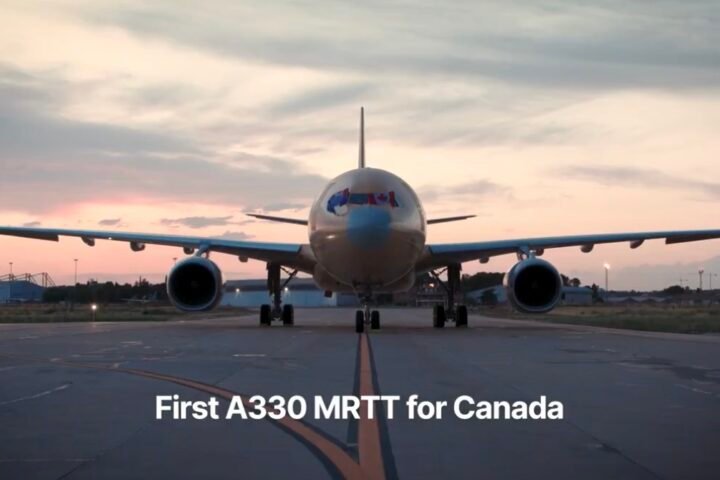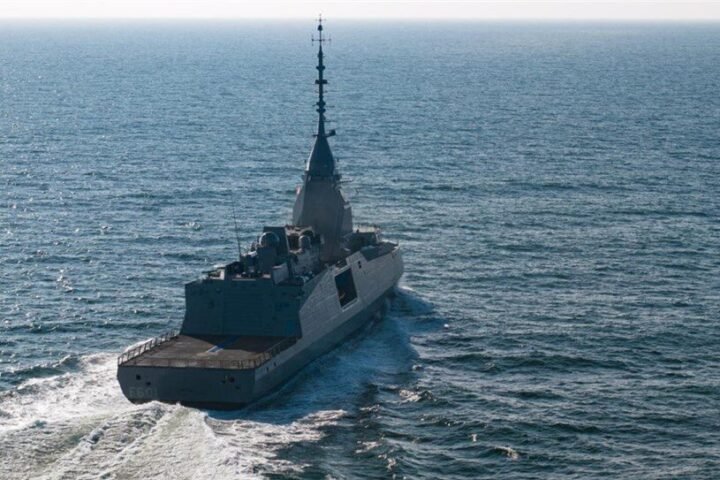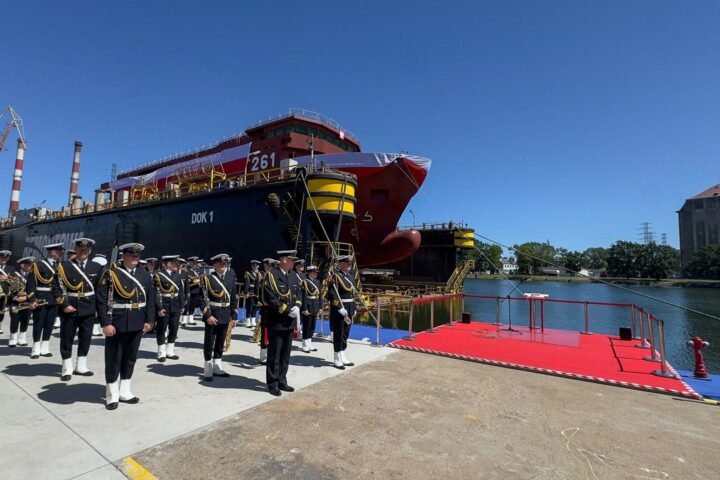Logista, a major European distributor of products and services for retail outlets, has long been supporting the Hyperloop project developed by a team of engineers from the Polytechnic University of Valencia (UPV). With the support of Logista, the vehicle was transported from Valencia to Barcelona to be presented at two of the most important industrial and technological sector fairs: Advanced Factories and Advanced Machine Tools.

This July, Hyperloop UPV will travel to Groningen, in the Netherlands, to participate in the European Hyperloop Week (EHW) where a new prototype will be presented and technical developments will be announced. Logista will enable the transport of a larger new vehicle, integrating all these technological advances with the aim of enabling faster, cleaner and more sustainable transport for the future.
Juan José Guajardo-Fajardo, Director of Human Resources, Marketing and Communication at Logista Corporate, stated: ‘Logista is proud to accompany the Hyperloop UPV team on their journey towards innovation. We are excited to see Hyperloop UPV grow every year thanks to the fantastic team of young engineers involved in the project and thanks to Logista’s support. Their commitment to more efficient and sustainable transport fully aligns with our vision for the future‘.
Hyperloop’s Innovations
The project is progressing rapidly thanks to the development of the innovative in-house designed DLIM electric motor. This engine allows an acceleration of 7.26 m/s² – a value comparable to top-end sports cars – and speeds up to 120 km/h with a weight of 250 kg.
This year, the new prototype has also incorporated two major technical innovations: on the one hand, regenerative braking, which allows for energy recovery during braking to recharge the batteries; and on the other hand, integrated chargers, which eliminate the need to disconnect batteries for charging, bringing this technology closer to a more scalable and functional model.
In addition, tests have been carried out on the track to optimize the new supercapacitor power supply system and to verify the correct operation of the control cards (PCBs) and vehicle sensors. The results have been promising and the team at the Polytechnic University of Valencia is now ready to start the engine and continue with the dynamic testing phase.
Hyperloop, known as the fifth mode of transport, combines air travel speed – about 1,000 km/h – with the comfort and frequency of rail. The concept is simple: capsules levitate in low-pressure tubes, eliminating surface friction caused by air through magnetic levitation in a ‘near vacuum’ environment.
Source and image credit @Logista Italy Press Office/Sec & Partners








